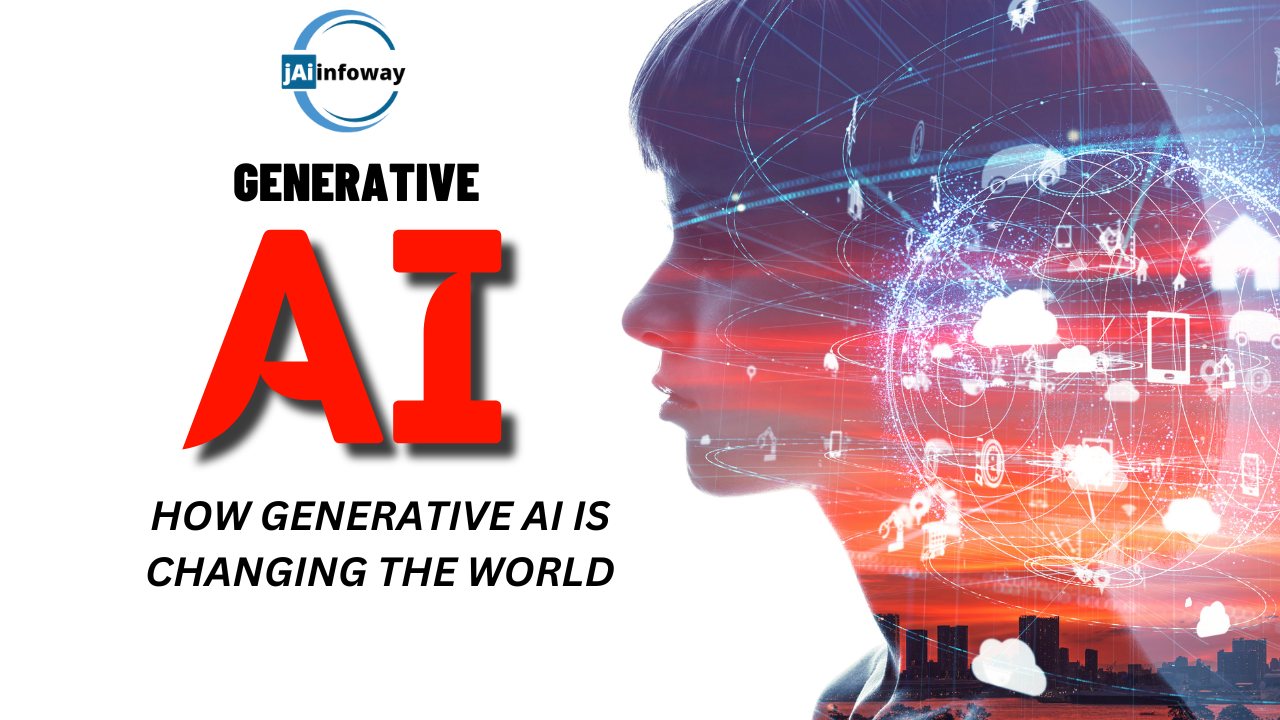
Generative AI has become one of the most transformative forces in the modern digital era. From creating hyper-realistic images to writing code and entire articles, generative AI is not only changing how we interact with technology, it’s revolutionizing industries across the globe. But with great innovation comes great responsibility. As nations race to adopt and regulate AI technologies, discussions around ethics, bias, and the future of jobs become more urgent than ever. This article explores the global landscape of generative AI, examining its innovations, opportunities, and the ethical challenges it presents.
Global Innovations Driven by Generative AI
Generative AI refers to systems that can generate content text, images, audio, and video based on data they’ve been trained on. Tools like ChatGPT, Midjourney, and DALL·E are leading examples of this trend. Around the world, countries and companies are leveraging this technology in different ways:
- United States: Tech giants like OpenAI, Google, and Meta are pioneering advancements, integrating AI into tools for education, healthcare, marketing, and software development.
- China: Companies like Baidu and Alibaba are developing their own large language models and generative systems tailored for the Chinese market.
- Europe: With a focus on ethics and regulation, the EU is pushing responsible AI through initiatives like the AI Act.
- India and Southeast Asia: Emerging startups are using generative AI for local language processing, fintech, and customer service automation.
These innovations are creating an ecosystem where creativity, productivity, and human-machine collaboration reach new heights.
Opportunities Across Industries
Generative AI’s impact stretches across nearly every sector:
- Healthcare
AI-generated medical reports, synthetic imaging for diagnostics, and drug discovery simulations are transforming the way medical professionals treat and diagnose diseases. - Education
Personalized tutoring, automatic grading, and AI-generated study materials are making learning more accessible and adaptable. - Entertainment and Media
Musicians, game developers, and filmmakers use generative AI to speed up content creation, from designing characters to writing scripts and music scores. - E-commerce and Marketing
Brands use generative tools to create ad copies, design product visuals, and even manage AI-powered chatbots to improve customer experience. - Architecture and Design
AI helps generate building concepts and design models rapidly, optimizing both aesthetics and functionality.
These opportunities, while vast, are also raising serious questions about ownership, authenticity, and human creativity.
Ethical Challenges and Global Debates
As generative AI becomes more powerful, it also becomes PEH888 more controversial. Here are some of the most pressing ethical concerns:
- Bias in AI Models
Generative AI can reflect and even amplify biases in the data it was trained on. This raises concerns about fairness, especially in legal or hiring applications. - Deepfakes and Misinformation
The ability to create realistic fake content can be weaponized to spread false narratives, influence elections, or defame individuals. - Intellectual Property
Who owns the content created by AI? Artists and creators worry about AI being trained on their work without consent. - Job Displacement
While AI increases productivity, it also threatens to automate many white-collar jobs, leading to potential unemployment and the need for reskilling. - Lack of Regulation
With the technology advancing faster than legislation, many countries struggle to implement effective laws to control misuse.
The ethical roadmap for AI is still being drawn, and collaboration between governments, developers, and the public will be key to navigating it.
Conclusion
Generative AI is no longer a futuristic concept, it’s a global reality. Its ability to reshape industries, empower creativity, and optimize processes is both thrilling and intimidating. As innovation accelerates, the world must move forward with a balanced approach that embraces opportunity while addressing the very real ethical challenges. The future of AI isn’t just about machines, it’s about how humanity chooses to shape and live with the technology it creates.